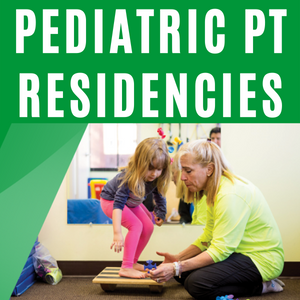Back
Concurrent session
School
Measures of Body Alignment in Postural Management for Children with Complex Needs – Learn About Evidence, Clinical Experience and Try It out Yourself!
Sunday, November 20, 2022
2:45 PM – 4:15 PM
Location: Grand Ballroom 2
- HR
Helle M. Rasmussen, PhD
Head of Education
Etac
Gedved, Syddanmark, Denmark .jpg)
Lauren A. O'Rourke, PT, DPT, ATP, CPST (she/her/hers)
Clinical Pediatric Product Specialist
Ki Mobility (part of Etac)
Chicago, Illinois
Lead Speaker(s)
Speaker(s)
Children with complex needs spend most of their awake hours in the same sitting or standing position. Healthcare interventions such as physiotherapy and assistive devices aim to improve the child’s ability to maintain body alignment with or without support from assistive devices and thus to minimize the degree of disability experienced by the child, to enhance activity and participation. Research suggests that to accurately quantify body alignment of children with neurological impairments, assessments must be valid, reliable, responsive and be applicable in clinical practise. The session aim to support the selection of appropriate outcome measures in clinical practise based on awareness of the specific characteristics of the child’s health condition, functional abilities, the postural management intervention strategies (improve and/or compensate) and meaningful goal attainment. Part 1: Summary of theory and scientific evidence. Discuss current research evidence on clinical assessment of posture alignment, the psychometric properties of each, and how this links to posture management therapeutic strategies. Presentation and critical appraisal of standardized measures used in clinical practice to document changes in postural alignment, such as the Clinical Assessment of Body Alignment (CABA) and the Posture and Posture Ability Scale (PPAS). Part 2: Two international therapy experts will lead a practical application of assessment across static and dynamic standing approaches. Attendees will participate in problem-based discussions to explore critical considerations for assessment and share best practice, thus facilitating attendees to understand and integrate research findings to clinical application across areas of assessment and therapy programs.
Learning Objectives:
- be able to select appropriate outcome measures examine body alignment based on awareness of the child’s health condition, functional abilities, the postural management intervention strategies and meaningful goal attainment.
- have knowledge about the psychometric properties of the Clinical Assessment of Body Alignment (CABA) and the Posture and Postural Ability Scale (PPAS) which can be applied to assess postural alignment.
- to understand and integrate research findings to clinical application across areas of assessment and therapy programs.

.jpg)
.png)
.png)
.png)
.png)
.png)
